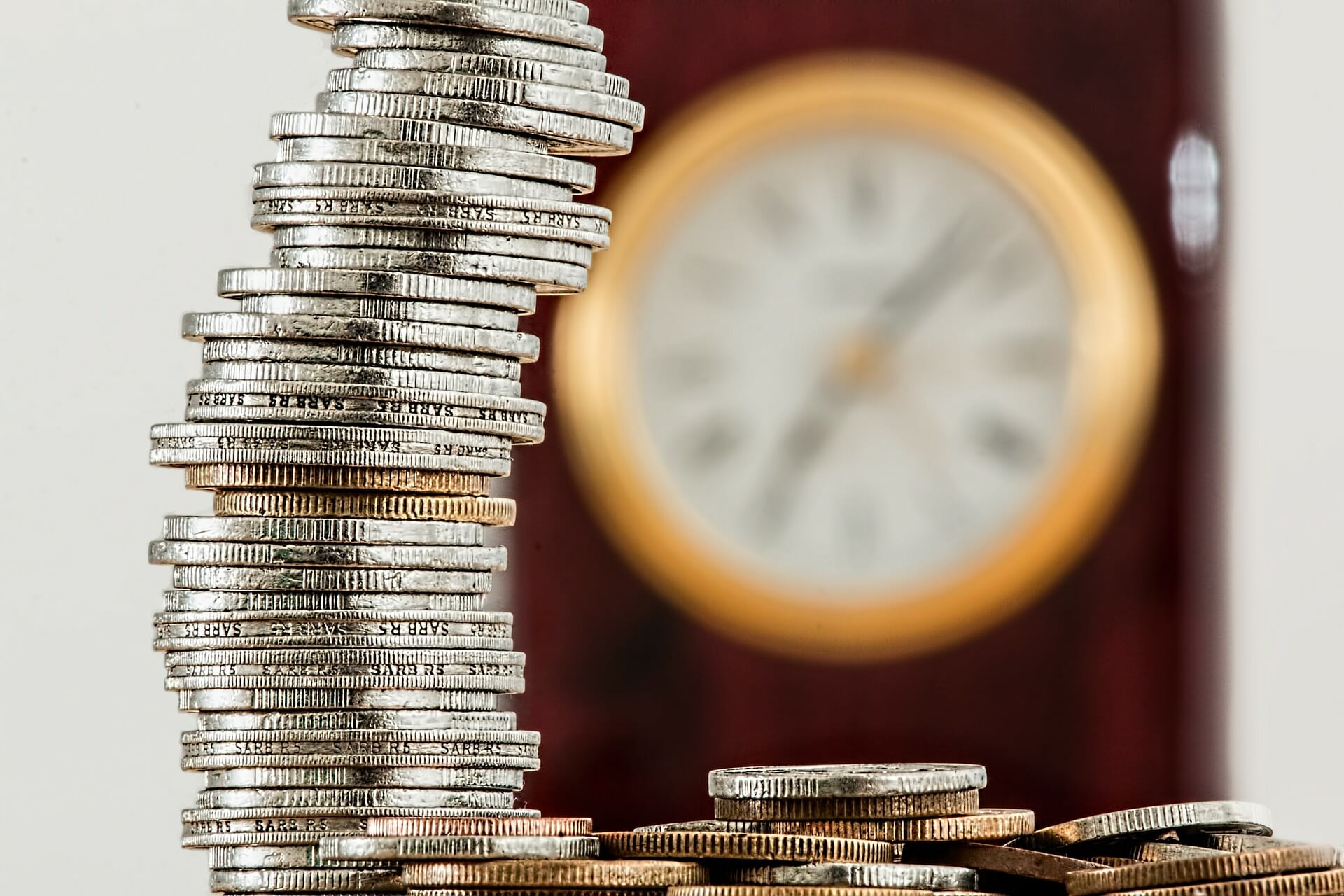A good freelance career will last a long time — which means we need to prepare for the lean years, as well as for our golden years.
With that in mind, here are my numbers for November:
Completed pieces: 50
Work billed: $10,150.33
Income received: $7,789.40
In October’s income roundup, I noted that I had hit a new freelancing milestone: earning more than $10,000 in a single month. I also billed over $10,000 of income in November, but I won’t receive all of the payments until mid-December.
I am well aware that these high earning months won’t last forever; this income milestone is tied to a large project that will complete at the end of 2016, and after the project ends my monthly income is likely to dip into the $5,000-$6,000 range for a few months.
This upcoming income drop isn’t worrying me, though. Boosting my earnings in 2016 enabled me to pay off all of my outstanding debt, as well as build up a four-month emergency fund. These two actions did as much to help my freelancing career as anything else I did this year.
Saving for the lean times
Prior to becoming debt-free, I was putting 20 percent of my pre-tax income towards debt repayment — which means that if I earned $5,000 in a month, $1,000 of that would go straight to debt.
Now that I’m debt free, I get to use that 20 percent of my income for other things, which means I can earn a little less as a freelancer and still feel like I have the same amount of spending money.
Plus, having an emergency fund means I have cash in the bank to help me during an emergency or a lean period. I don’t anticipate a true lean period coming any time soon, but as we all know, freelancing is often unpredictable!
Most importantly: earning enough money to pay off my debt and save up an emergency fund means that I have more financial room to make choices about my career. I don’t have to take any job I can get, especially if the job is low-paying or is unlikely to benefit me long-term. I have the freedom to choose who I want to work with, which is likely to lead to better client relationships and higher earnings in the future.
Saving for retirement
On the subject of “the future:” the other thing I’m doing with my $10,000 monthly paychecks is setting up a retirement fund.
I have an active 403(b), thanks to the four years I spent working at a nonprofit before I became a freelancer, but I can no longer make contributions to that accountwhich means I need to start putting my freelance earnings in a new investment vehicle.
Why did it take me so long to start thinking about saving for retirement? Well, I’ve been thinking about it the entire time; it’s just that I wanted to use my freelance income to pay off my debt first.
Since I write for personal finance sites, I know there are advantages and disadvantages to paying off debt before saving for retirement, versus putting a little money into a retirement account now and paying off debt more slowly. In my case, especially because I already had the 403(b) set up and earning interest on prior contributions, it made sense to pay off the debt as fast as I could.
At the beginning of 2016, I did the math and figured out how much I needed to earn to set aside $5,500 to put into a Roth IRA. I know that freelancers can also make contributions to a SEP IRA, and instead of being limited by the Roth’s $5,500 annual contribution maximum, freelancers are allowed to contribute a larger percentage of their income — this’ll vary depending on the type of business structure you have, so talk to your CPA to see how a SEP IRA might apply to you.
I am going to talk to my CPA about SEP IRAs in 2017. However, this year I knew I wouldn’t be able to save much more than the $5,500 contribution to the Roth IRA, which is why I set it as my retirement savings goal. As you might remember from my conversation with Gina Horkey, we’re more likely to reach our goals if we know they’re something we can realistically achieve.
Which means that I’ll have $5,500 set aside by the end of the year, thanks to those last few big paychecks, and I’ll use it to restart my retirement fund.
I’m not planning on 2017 being a “lean year;” I can’t predict which freelancing projects I’ll be offered, but I can anticipate that I’ll continue to work with the majority of the clients I’ve been working with in 2016, and that I’ll continue earning at least $5,000 a month or more. If I need to make some difficult choices, I’ll have an emergency fund to back me up; if I have another high-earning year, I’ll be able to put more money towards savings and retirement.
What about you? How are you using your freelance earnings to prepare for the future? I know that not everyone is earning enough money to pay their own bills, much less save — that’s how I got into all that debt to begin with — but if you are earning enough money to get by, how are you making sure that money will help you not just today, but also tomorrow?







